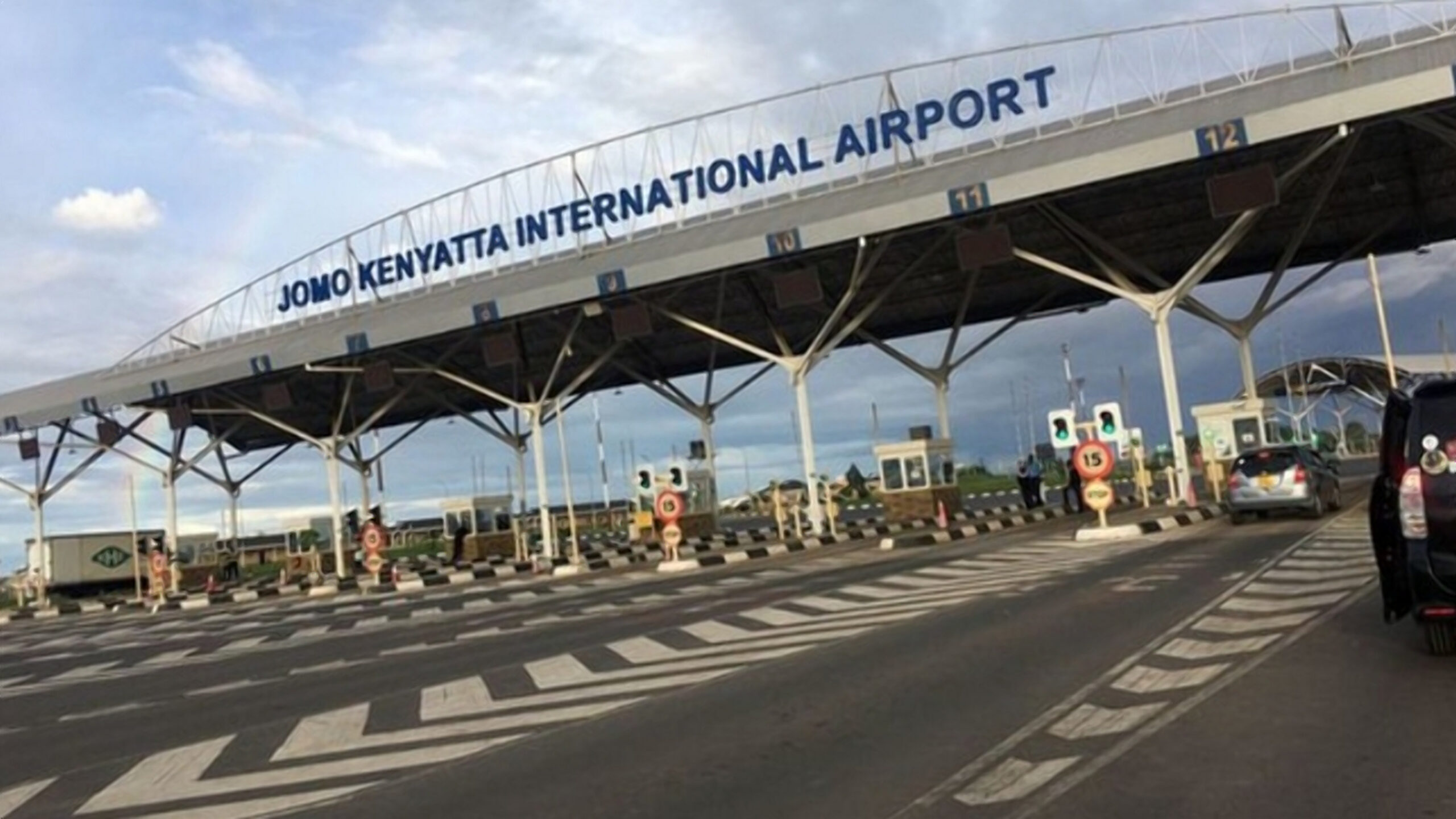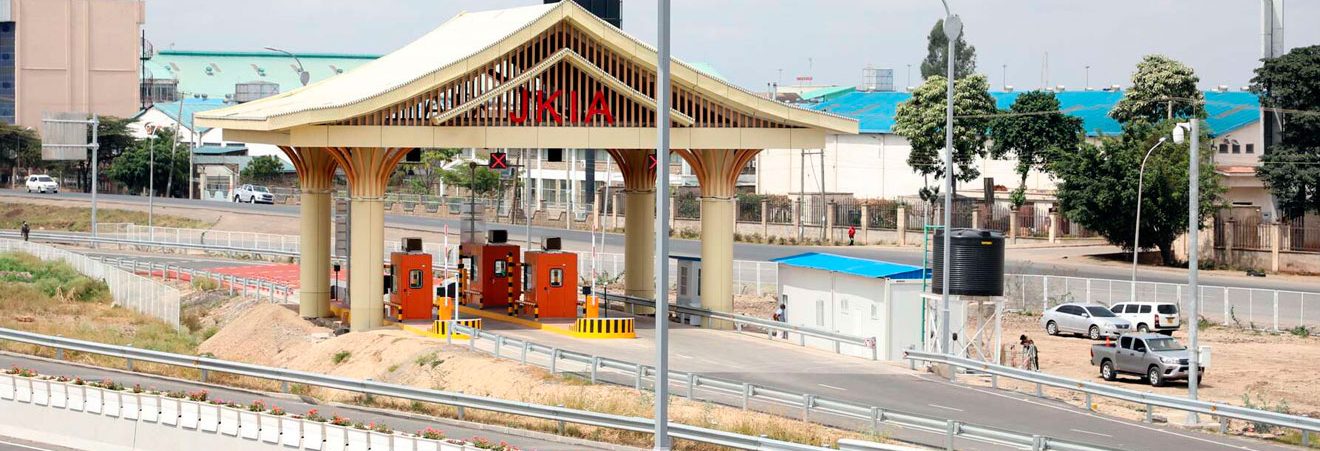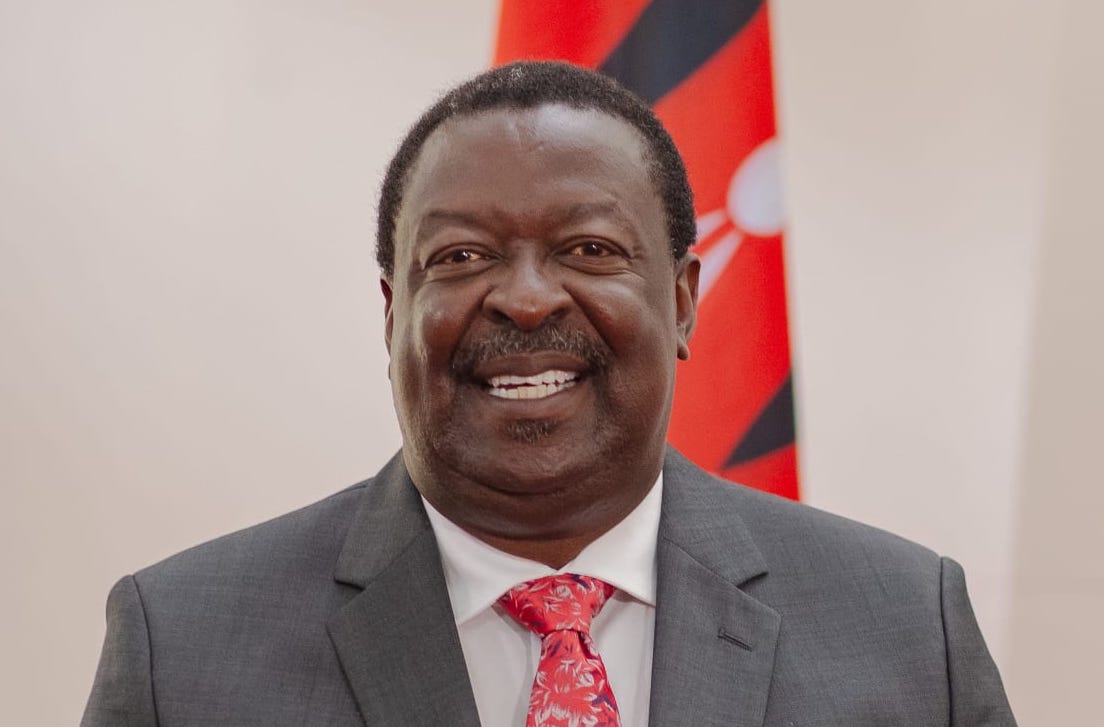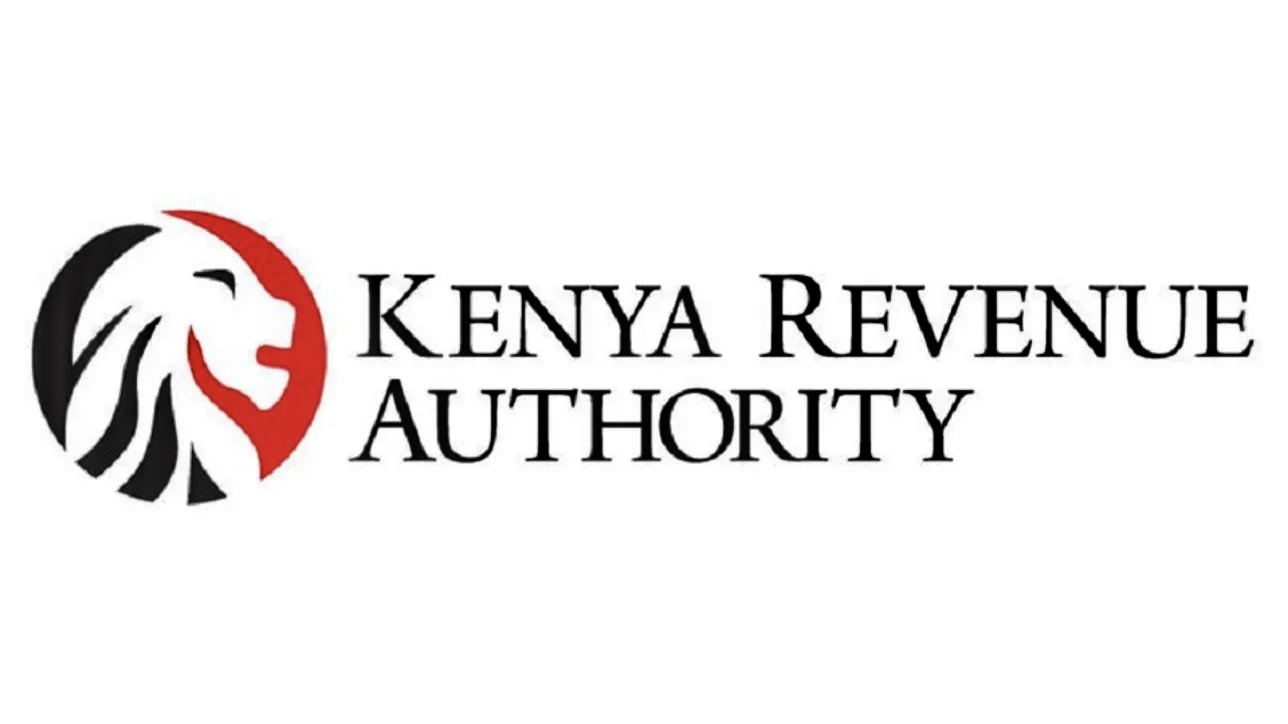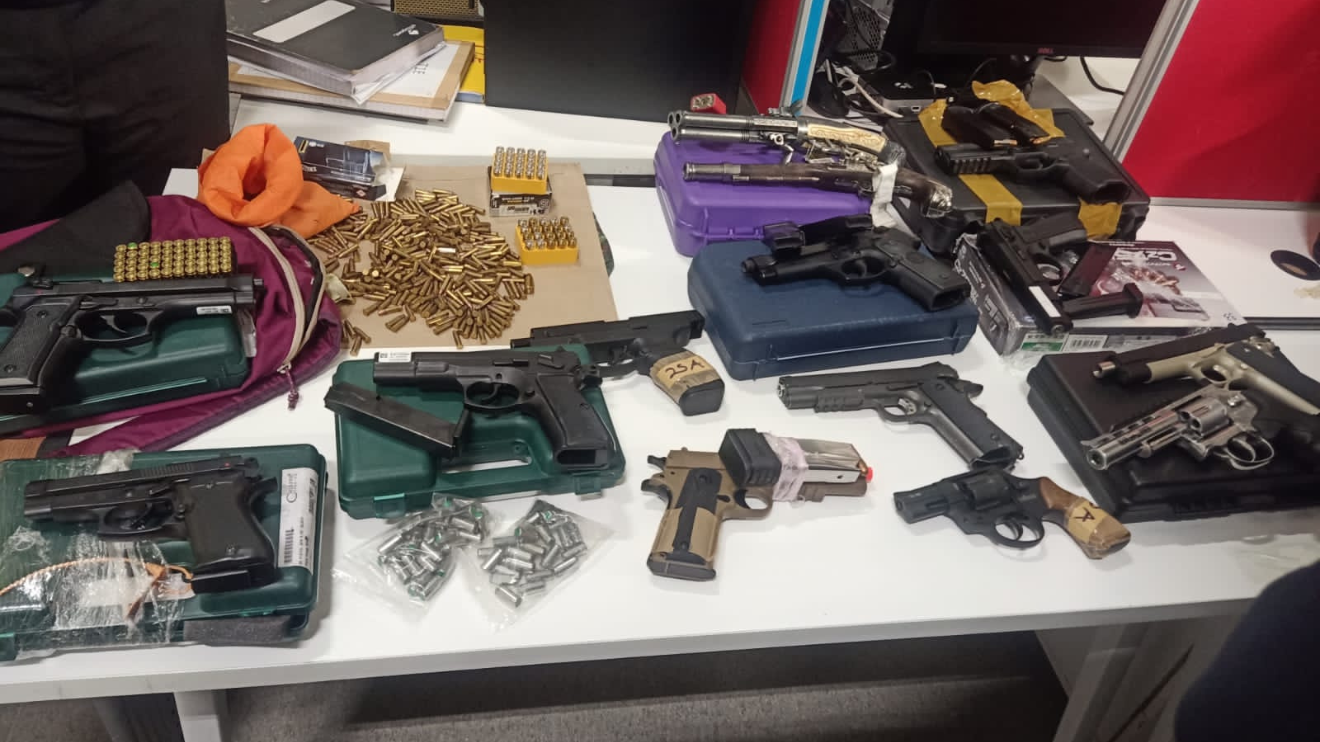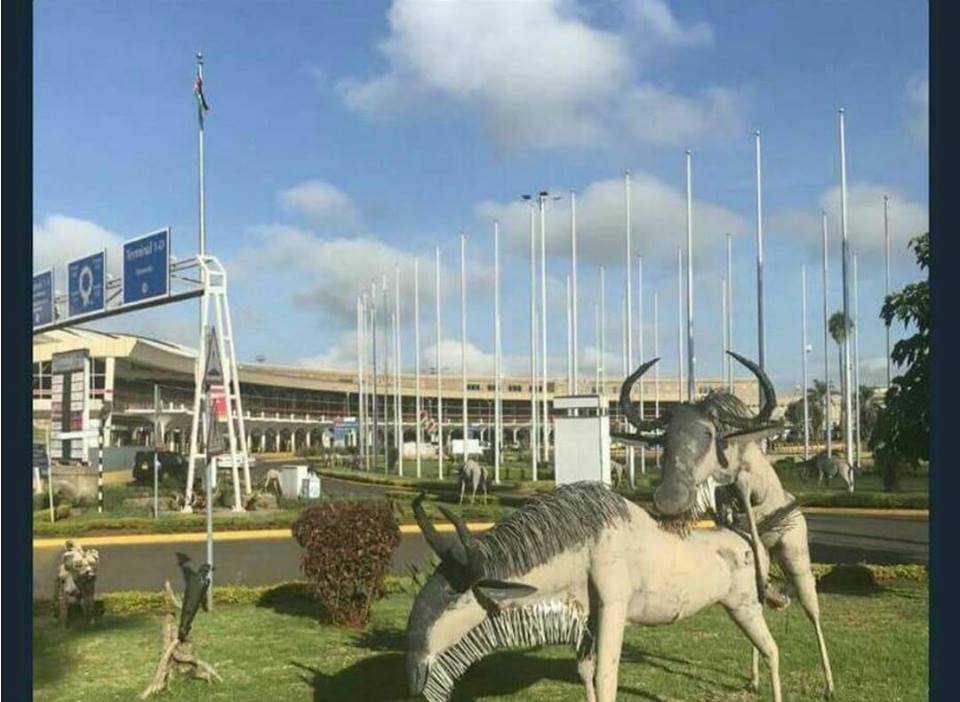Adani Airport Holdings Limited, a subsidiary of India’s Adani Group, has disclosed that it paid Ksh. 6.5 million ($50,000) to the Kenyan government as a review fee for its proposed acquisition and modernization of Jomo Kenyatta International Airport (JKIA) in Nairobi. This payment is part of the company’s $1.85 billion (Ksh. 242 billion) bid to manage and upgrade the airport.
In court documents filed on September 17, Adani confirmed that the review fee was paid to the Public Private Partnerships Facilitation Fund, in compliance with Kenyan regulations. The company’s legal team stated, “Upon submission of the PIP (Privately Initiated Proposal), the 5th respondent (Adani Airport Holdings Limited) duly paid a review fee of USD 50,000 to the Public Private Partnership Facilitation Fund.” This payment was accompanied by necessary documentation, including tax compliance and financial records, to support the government’s due diligence on the project.
CHECK OUT:
The proposal is currently under legal challenge after the Kenya Human Rights Commission (KHRC) and the Law Society of Kenya (LSK) filed a lawsuit on September 9 to block the project. Adani’s legal team has verified the payment and provided additional documentation to aid the due diligence process.
Adani has rejected claims that it has already secured a 30-year lease for the airport, asserting that the project is still in the review and due diligence stage. They indicated that the Kenya Airports Authority (KAA) has recognized their proposal and permitted them to proceed with a feasibility study.
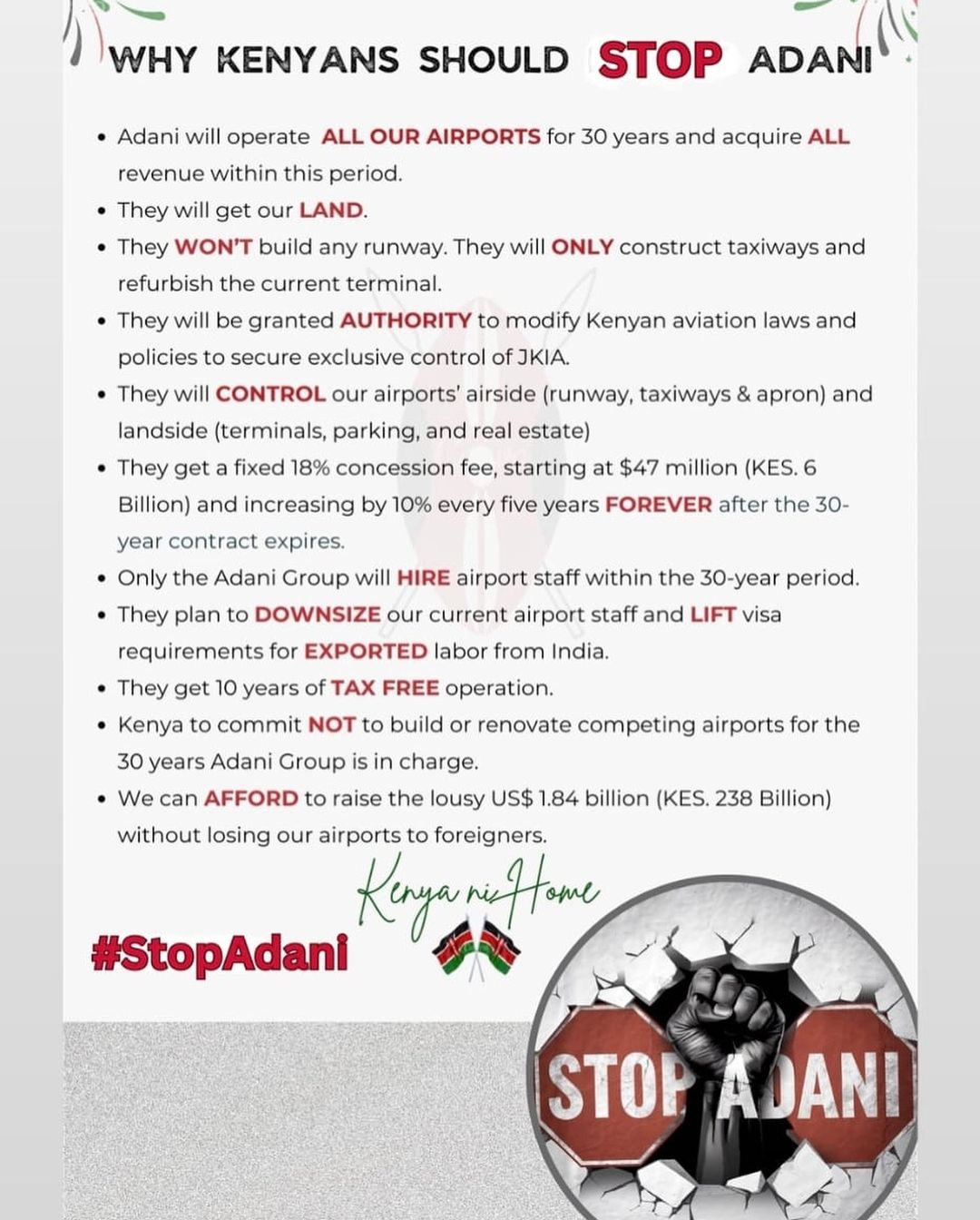
The proposal includes a detailed feasibility study covering the project’s environmental and social impact, financial planning, and benefits for the Kenyan public. Adani’s court documents emphasize that the project aligns with national infrastructure priorities and aims to resolve long-standing issues at JKIA.
ALSO CHECK OUT:
Adani also submitted a preliminary operational plan for the airport, stressing the project’s transparency and alignment with Kenya’s infrastructure needs.
According to Kenya’s Public Private Partnerships Act, privately initiated proposals must align with national infrastructure priorities, fiscal affordability, and value for money. The law mandates a non-refundable review fee of 0.5% of the project’s estimated cost or $50,000, whichever is lower, to be paid into the Public-Private Partnership Facilitation Fund. This fee does not obligate the government to approve the proposal, ensuring each bid undergoes a fair evaluation.


